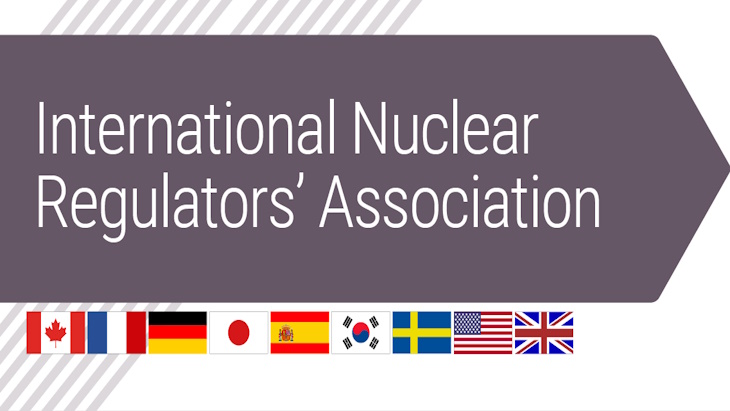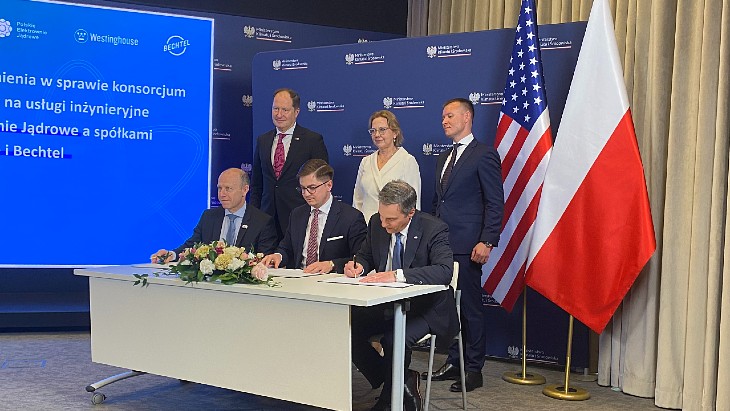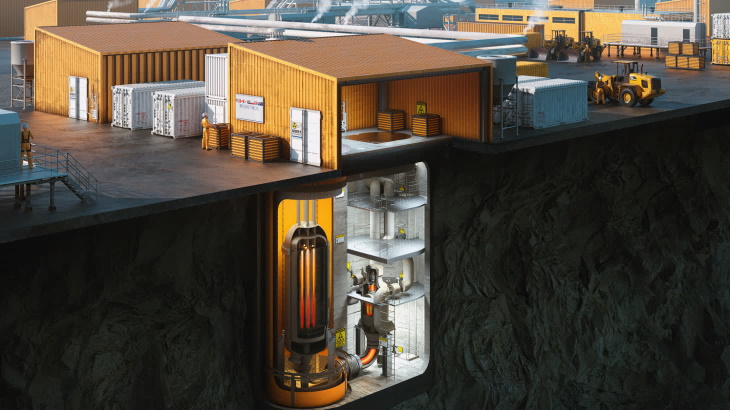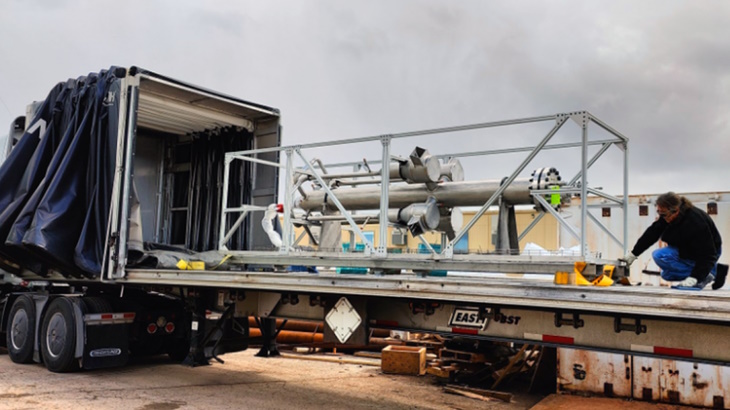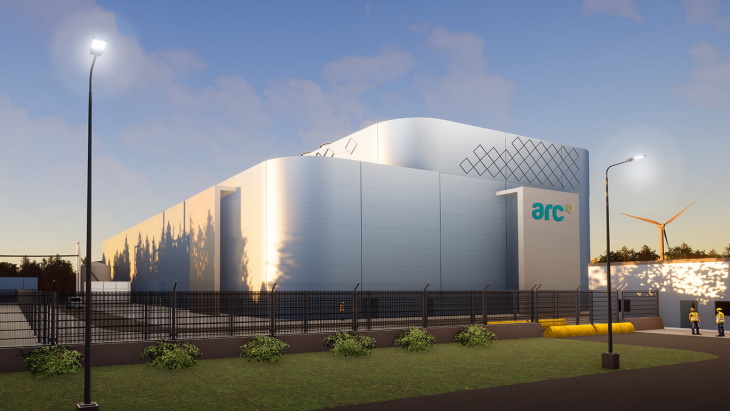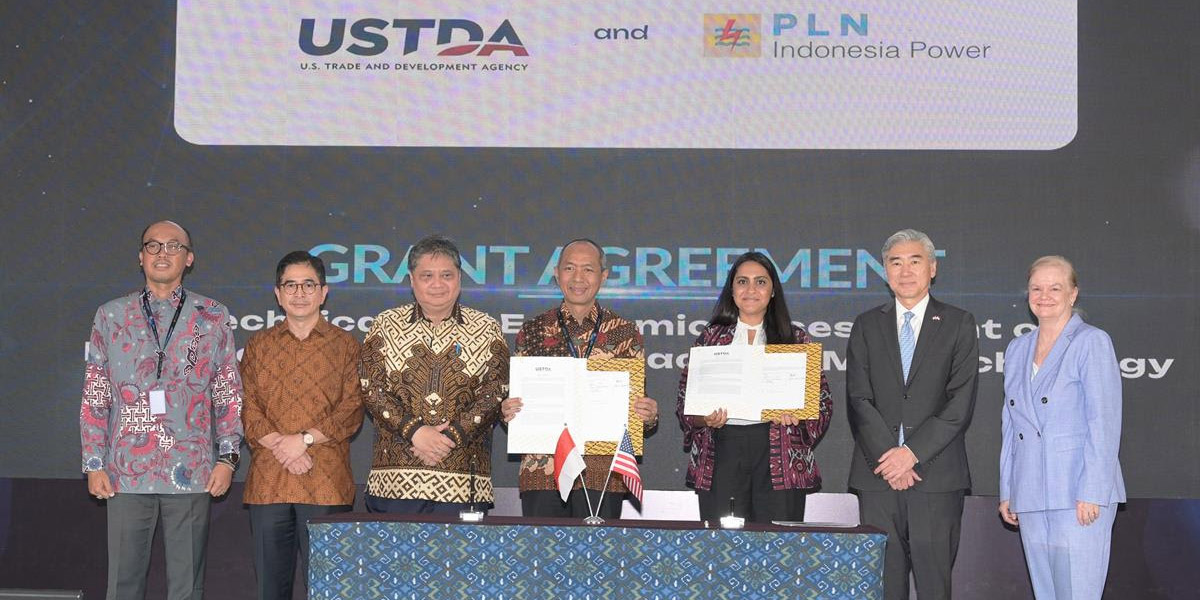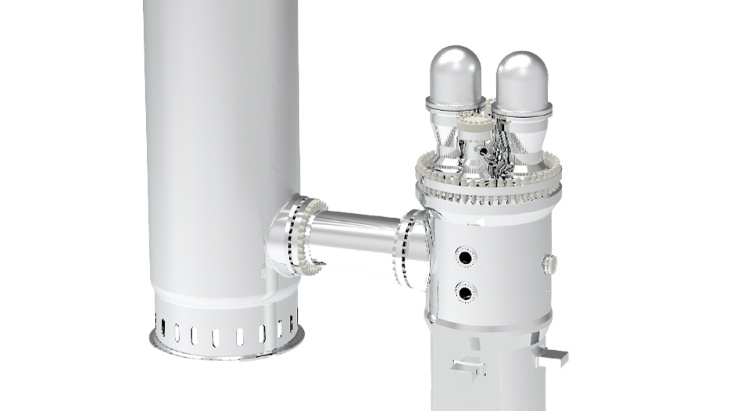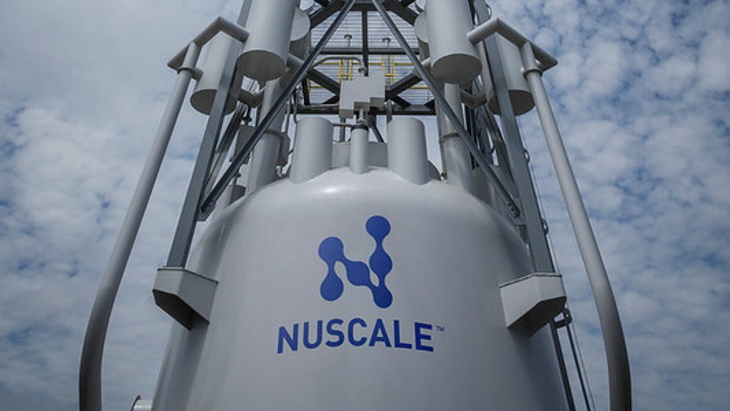(Image: CNSC)
SMRs are being considered by countries across the globe and are "increasingly the primary focus of several nations", the association said, but the "risks and challenges" associated with such technologies need to be addressed.
"INRA members recognise the potential safety performance opportunities that SMR technologies could offer and the important role of regulators in ensuring that these technologies are deployed safely, securely and consistent with robust non‑proliferation requirements, in countries that wish to adopt them.
"INRA members whose countries are pursuing new nuclear programmes are committed to proactively collaborate on generic reactor design assessments and licensing and support national regulatory reviews in (re)embarking nations with new nuclear ambitions. These INRA members will seek to establish bi‑lateral and multi‑lateral arrangements to enable the provision of advice and guidance and the sharing of regulatory evaluations in support of their national regulatory reviews, lifecycle expertise and resources," the regulators said.
"Maximising the value of collaborative reactor design evaluation requires countries that wish to adopt SMRs to commit to specific SMR technologies on similar timeframes and for vendors to develop their safety analysis and reactor designs to a level suitable for regulatory assessment. Those INRA members commit to undertake risk informed, proportionate and well targeted evaluations, and to dedicate the resource required to deliver at pace when technology decisions are taken."
Standard reactor designs will facilitate efficient regulatory reviews, the regulators said, although further work will be required to address local factors such as siting and environmental issues. These will remain the responsibility of the national regulatory body, alongside the ultimate decision on the acceptability for deployment of a reactor design in its sovereign state.
INRA expressed its support for the IAEA's Nuclear Harmonisation and Standards Initiative, saying its members "recognise the value of an international, coherent framework for information sharing, while noting the potential challenges and practical hurdles facing timely pursuit of an international pre-licensing process. Furthermore, INRA members consider that independent, national regulatory reviews should not be replaced by an international approach."
"In support of a more global approach to new reactor evaluation, INRA members consider regulatory collaboration through bi/multi-lateral agreements, with appropriate input from industry, the optimum way to maximise the efficiency of evaluations, while emphasising the crucial role and responsibility of national regulators to guarantee, through the licensing process and continued regulatory supervision, the highest standards of nuclear safety, security and non‑proliferation when considering new designs such as SMRs and advanced nuclear technologies.
"INRA members are ready to support a collaborative approach for the regulatory assessments of SMR technologies in the most efficient and effective way."
INRA's nine member countries are Canada, France, Germany, Japan, the Republic of Korea, Spain, Sweden, the UK and the USA.
